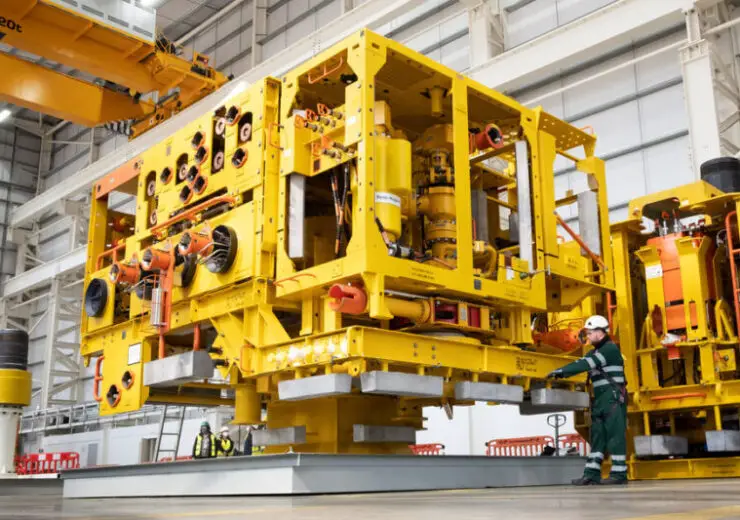A subsea contract has been awarded for the Baleine phase 2 project in Ivory Coast. The contract, the value of which was not revealed was awarded to Baker Hughes.
Three Aptara manifolds and eight deep-water trees will be delivered by Baker Hughes in accordance with the contract. Along with flexible risers and jumpers, the company will also provide the required subsea production control system.
Moreover, the oilfield services company will offer flexible pipe systems and a configured-to-order product portfolio for subsea production. According to the company, these will be constructed to produce the best results in terms of cost, installation, and lifetime value.
It is anticipated that deepwater trees and manifolds would provide efficiency and cost-effectiveness, under challenging conditions. They will be complemented by subsea production controls as well as flexible pipe systems.
According to Baker Hughes, the modular architecture of the systems will contribute to reducing lead times, which is crucial for the financial viability of such development initiatives.
Also Read: Ivory Coast set to commission first solar plant in Boundiali
Remarks on the contract awarded for the Baleine phase 2 project in Ivory Coast
Baker Hughes oilfield services and equipment executive vice president Maria Claudia said, “The partnership between Baker Hughes and Eni will provide ground-breaking technologies that will improve the energy security of Ivory Coast.
Baleine Phase 2 is Africa’s first development project with explicit Scope 1 and 2 carbon reduction goals. Ensuring that energy is accessible locally is a significant challenge that only gets worse.
Therefore we thank Eni and other corporations for working to create a future of abundant energy for Africa. We are grateful for the confidence you have put in us to quickly complete this important project.”
Eni and PetroCi, the state-owned oil and gas company of the Ivory Coast, are developing the Baleine oil and gas field in the CI-101 and CI-802 blocks. 2.5 billion barrels of oil and 3.3 trillion cubic feet of associated gas are present in the Baleine discovery. It was created in July 2022 while working on the CI-802 block’s Baleine East 1X well.

Leave a Reply